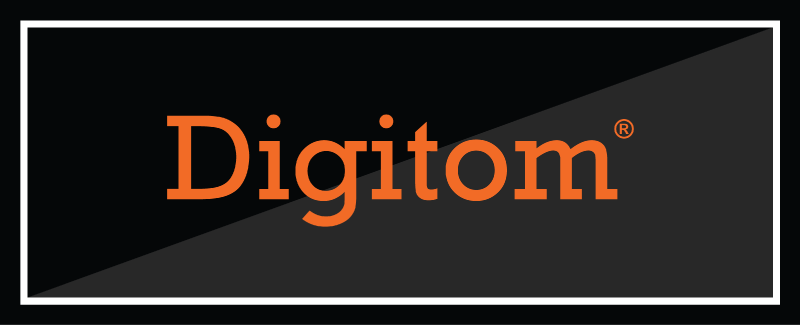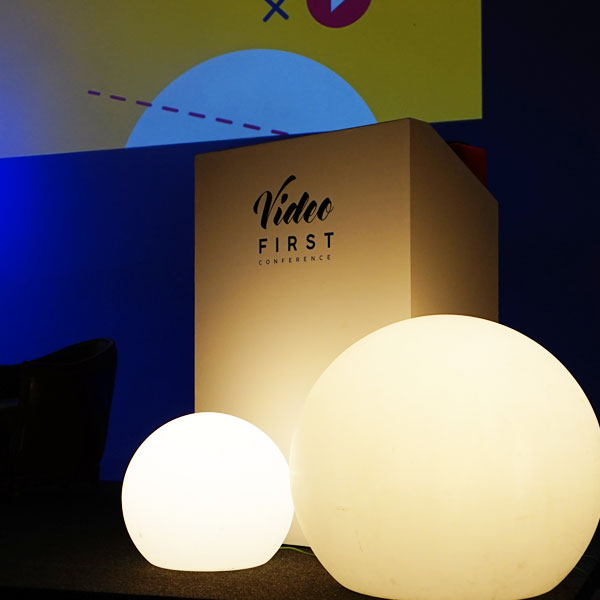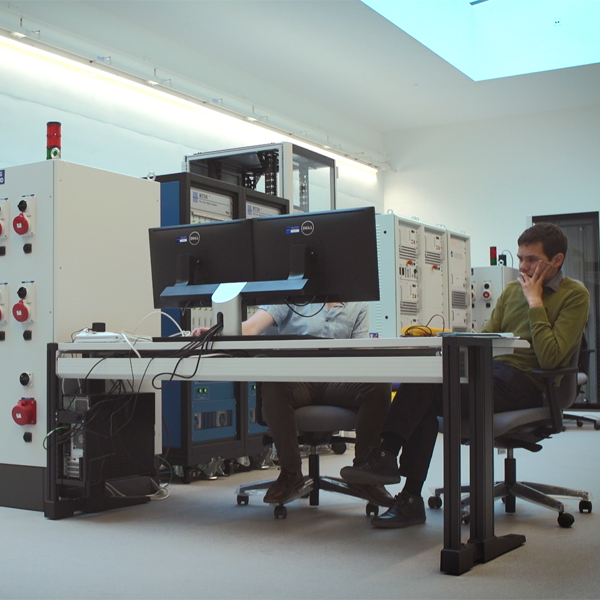Having joined the Federation earlier this year, our Founder & Creative Director Tom Chown was excited to attend the second International Summit, held at the Guildhall School, next to Barbican earlier this week. An eclectic line-up of speakers assembled to talk about ‘Creativity’ in curated themed panels.
Published: October 2018
We were welcomed by new Chief Executive Alan Bishop, who recently replaced founding CEO John Kampfner, and Sir Nicholas Kenyon, MD of Barbican Centre.
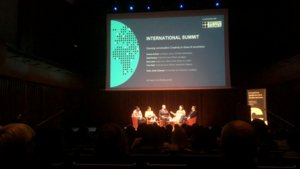
Creativity in times of uncertainty panel
The opening conversation discussed ‘Creativity in times of uncertainty’, during which panelist Amy Lamé, Night Czar for the Mayor of London’s office explained the background to the formation of her role two years ago. Following in the footsteps of other great European cities, London decided it needed to try and combat the decline in Arts across the Capital. In the last 10 years, London has lost some 35% of small live music venues, and 61% of LBGT venues. Such venues are key to establishing emerging artists and nurturing creative talent. Since Amy took up her role, officers in her team are now working with venues across the City to reverse the downward trend.
‘The Future of the Creative Workforce’ began with the Chair Tom Fletcher asking each panelist to share with the audience their greatest failure. Andria Zafirakou, winner of the Global Teacher Prize 2018, said her greatest failure was her failed battle with her father to study Art at GCSE. This was something I could personally relate to as I shared a similar experience with my father when I chose my A-levels. I wanted to choose two creative subjects and one academic. He insisted I choose two academic and one creative as it would be “difficult to make money in TV.” I chose Media Studies, Economics and Geography. I failed Economics with an N and missed my place at Bournemouth University as a result.
Educationalist and Author Alex Beard shared with us his findings on how technology is being used in the US. He talked about Rocketship schools, where 5 year olds have a 1 hour lesson each day, where they use individual laptops with headphones. The room is silent, apart from the tapping of keys and the software packages use AI (artificial intelligence) to identify each child’s learning and tailors the session to their strengths, and helps them improve any areas needing development.
When asked what he’s looking for in developing young minds, OpenBox Founder Marquise Stillwell said that critical thinking and interpersonal skills are key. He predicted that whilst it’s great that children are being taught coding in schools, looking ahead to job creation, coding jobs will actually be the ‘low paid’ jobs of the future.
We were fortunate enough to hear from the Secretary of State for Digital, Culture, Media and Sport the RT Hon Jeremy Wright MP, who said
Creativity is our calling card to the World. It is at the heart of our soft power, and a strong creative sector is necessary for a strong economy.
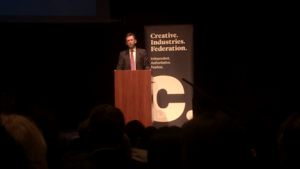
RT Hon Jeremy Wright MP
In the afternoon events shifted towards changes among consumers and how the globalisation of communication makes it easier for people to share and learn about what’s going on across the world. Maximilian Jarrett from Abundenta Divina (Media) Ltd commented that “People are curating their own lives” a statement which resonated with me, as we see the rise of Instagram and Generation Z planning their own foreign holidays, leading to the demise of package companies such as Thomas Cook’s Club 18-30’s brand.
We heard from Google Arts and Culture Project Lead Suhair Khan about the not-for-profit platform and app. Operating in 85 countries, Google are working with museums and libraries to bring their stories into the digital world, to-date digitising some 7 million exhibits. Kickstarter’s first employee, and now Senior VP Cassie Marketos explained that investors on the platform engage best with users who have a story to tell, who can share that narrative and the reasons why they want to create something. Investors aren’t as concerned about getting a return on their investment if they believe in the worthiness of the product or idea. Which got me thinking, is there a greater awareness among consumers these days as to advertising and identifying when they’re being sold to, demonstrated by a disconnect which has led to the rise of ‘Branded Content’ and product placement – since audiences want to hear a story, right?
My personal highlight from the afternoon was a session on ‘Can Design and Creativity Save the World?’. Hosted by Sophie Thomas, who produced The Great Recovery Project, we heard from the panel about the global movement against use of plastics as brands make it their mission to reduce their negative impact on the world. Adam Goswell, Creative Technology & Innovation for Lush UK & Europe shared the story of their Milan and Berlin prototype stores and the concept of #LushNaked, where customers shop for products with no packaging. Products aren’t wrapped in plastic and shampoos and body washes can be taken away in cork dishes. He also told us about Lush’s experimentation with an app on an ethical ‘Fairphone’ which uses AI to identify the products in store. Through their Lush TV channel the company is now looking to China to source ethical hardware to produce their own tablet for shops to use.
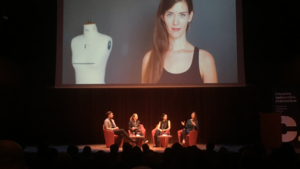
Can Design and Creativity Save the World?
YouTuber Justine Leconte, who prefers to call herself a ‘Creative person on social media’ is a Berlin based French fashion and jewellery designer, who began documenting the formation of her brand on YouTube in 2015. With 450,000 subscribers she’s using social media to encourage consumers to think more responsibly about their shopping habits. She wants consumers to choose quality over quantity, as the cost of clothing production has fallen with poor quality imports from the Far East. Through storytelling she’s engaging with a global audience who are more aware of their environment in the 21st Century.
The event created many discussions around the exciting position our creative sector is in, and how it’s viewed both at home and globally, but the theme running through the day was that storytelling is key to the content revolution we’re in.
